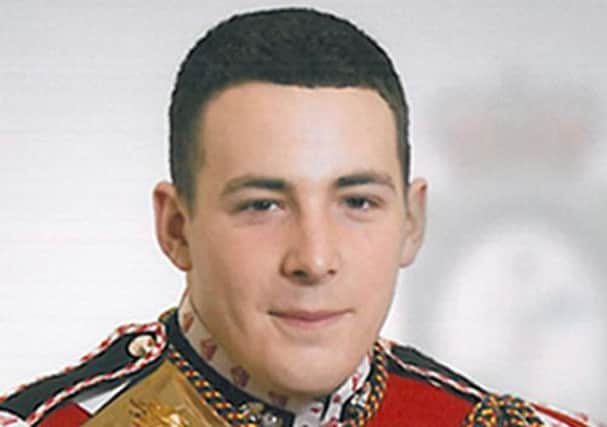Paul Rogers: Slaughter on smartphone: the atrocity intended to heighten our fears over terrorist threat


Though there was a clear intention to maximise the impact of the atrocity, the early signs are that there will not be much in the way of a violent response apart from the isolated actions of some far-Right groups. If that is the case, then the perpetrators will at least have failed to some extent.
There are indications that those responsible may have been known to the security agencies and it has also been reported that at least one of them, Michael Adebolajo, is of Nigerian descent and a convert to Islam.
Advertisement
Hide AdAdvertisement
Hide AdThis immediately raises the question of a possible connection with the bitter and hugely violent insurgency that has grown alarmingly across northern Nigeria, where the Islamist paramilitary movement, Boko Haram, is locked in a struggle with the Nigerian Army.
The government in the Nigerian capital, Abuja, is allowing the Army to use massive force against Boko Haram, with many civilians killed, and so far this has had little impact on the movement – indeed, the civilian deaths at the hands of the Army may even be increasing support for the movement.
The likelihood of a connection between Boko Haram and the murder of Drummer Lee Rigby in Woolwich though, is tenuous at best, since Boko Haram is essentially involved in an internal struggle with the Nigerian authorities and appears to have few trans-national connections so far. For the British security agencies, the hope will be that what happened in Woolwich was isolated and will not readily be repeated by others.
The impact was hugely heightened by the brazen manner of the attackers in the immediate aftermath, but there is no doubt that smartphones have added greatly to the impact, not least in comparison with other attacks.
Advertisement
Hide AdAdvertisement
Hide AdJust over 14 years ago, a devastating nail bomb was exploded in the Admiral Duncan, a well-known gay public house in Old Compton Street, Soho, killing three people and injuring 70, some of the latter suffering terrible injuries. There was CCTV footage but much less in the way of on-the-spot mobile phone coverage and the impact, while great, was not of the level of the Woolwich killing.
A neo-Nazi sympathiser, David Copeland, was later jailed for life for the attack, having previously planted two bombs in Brixton in racist attacks.
To some extent London was a city that was inured to the impact of such an attack, largely because of the experience of the Provisional IRA bombs in the early 1990s that had such an effect on London as a financial centre. This may also be the case with this new atrocity, with Londoners also having shown a relatively calm response to the devastating attacks of July 7, 2005.
Even so, the Government and security authorities will be reacting to Woolwich in four ways, each designed to minimise the risk of further incidents.
Advertisement
Hide AdAdvertisement
Hide AdOne will obviously be an immediate and detailed review of what was already known about the perpetrators and whether any errors were made in not affording them more attention.
A second, more general response will be to review overall security procedures and decide if a sustained strengthening of security for military bases is required.
A third issue will be whether particular military sites are at risk. One of the surprises for many people was the claim that the murder of the young soldier in Woolwich was in response to UK military action in Muslim countries. This had been claimed by the 7/7 bombers, who cited Iraq, but in the public mind the British have left Iraq and are leaving Afghanistan.
While this is largely true, it is not often realised that Britain is at the forefront of the use of armed drones in Afghanistan, with over 350 missile strikes in recent years.
Advertisement
Hide AdAdvertisement
Hide AdUntil a month or so ago, the drones were “flown” by RAF personnel operating out of the US Air Force Base at Creech, near Las Vegas in Nevada, but the RAF now has its own operating base at RAF Waddington just south of Lincoln. It is certainly likely that security there will be stepped up after the Woolwich attack.
That leaves the final government action, which will be to combine reassurance for the general public with a further plea for moderation and avoidance of retaliation. That will be helped by the very strong statements of abhorrence from Islamic leaders, coupled with the remembrance of how communities largely held together in the wake of the 7/7 attacks, both in London and West Yorkshire.
In this respect the next few days really are important. If there are reprisal attacks on mosques then that will be bad for everyone.
If not, and the attention is focused on the specific motives of the perpetrators as representative of a very tiny and marginalised minority, then that will be really good news, not least because it will mean they have signally failed in their aim of using terror to induce fear.